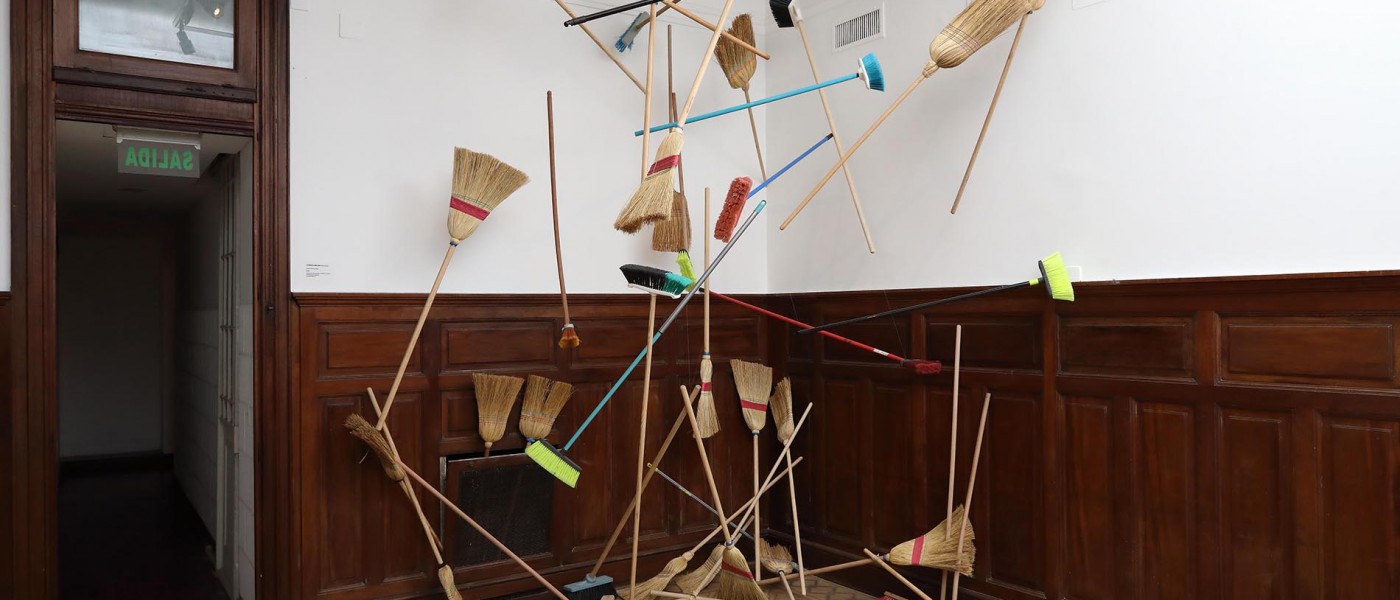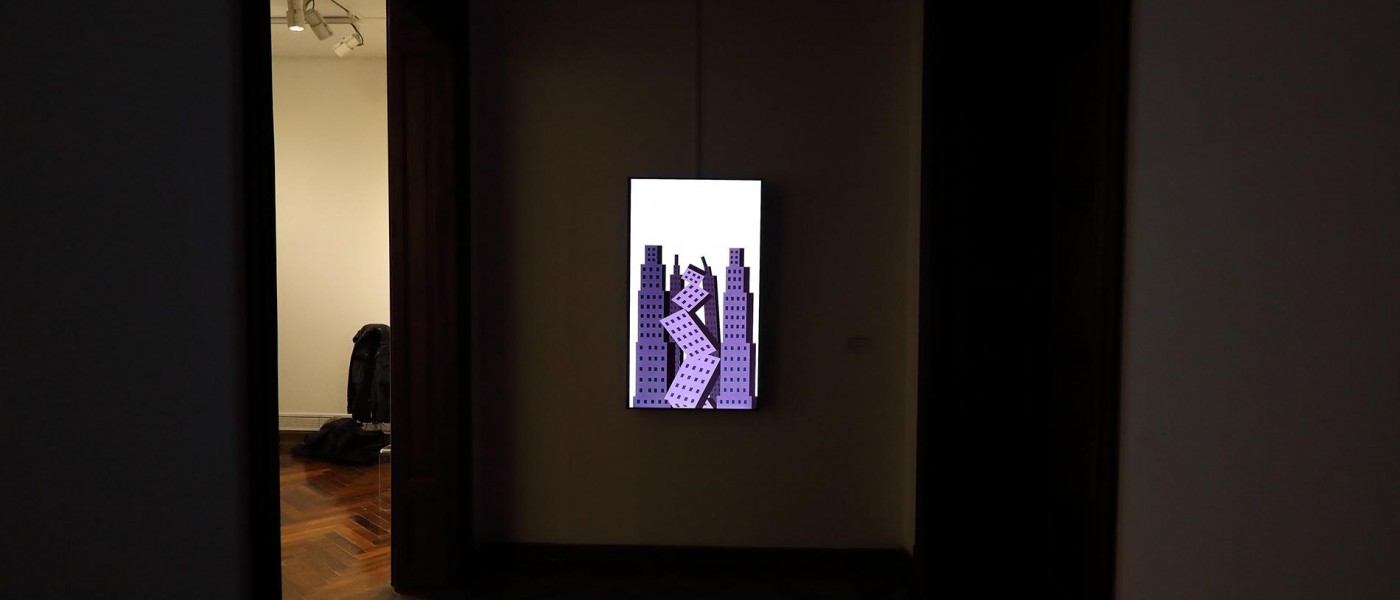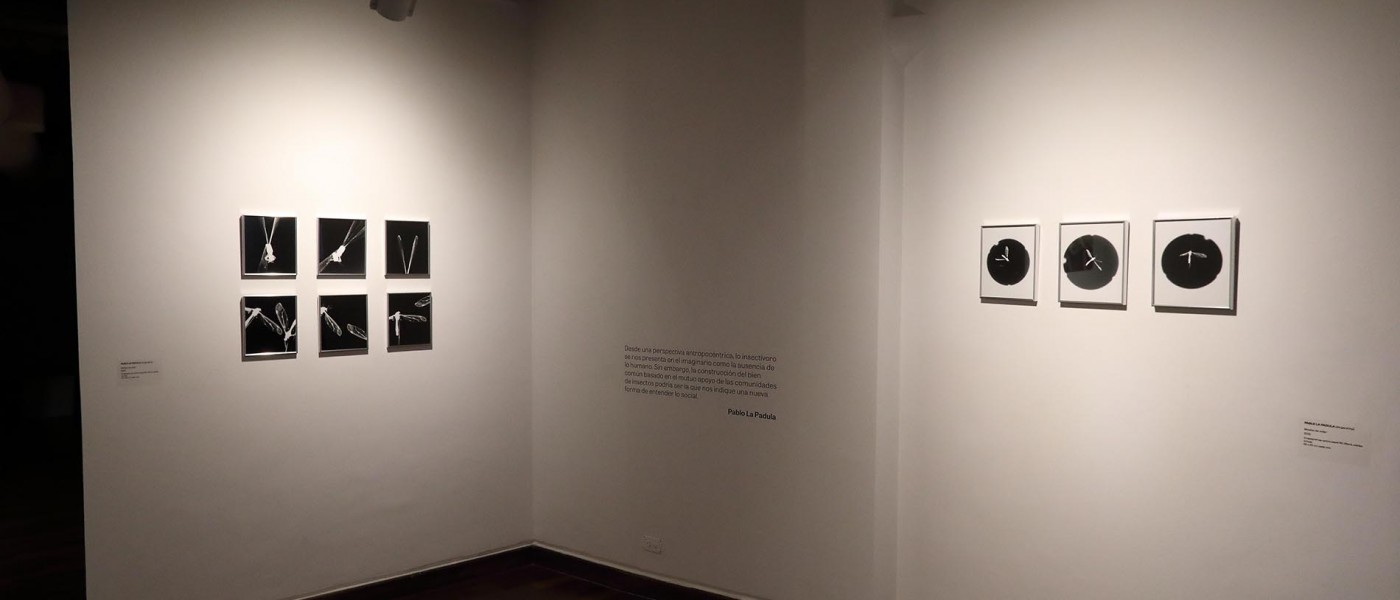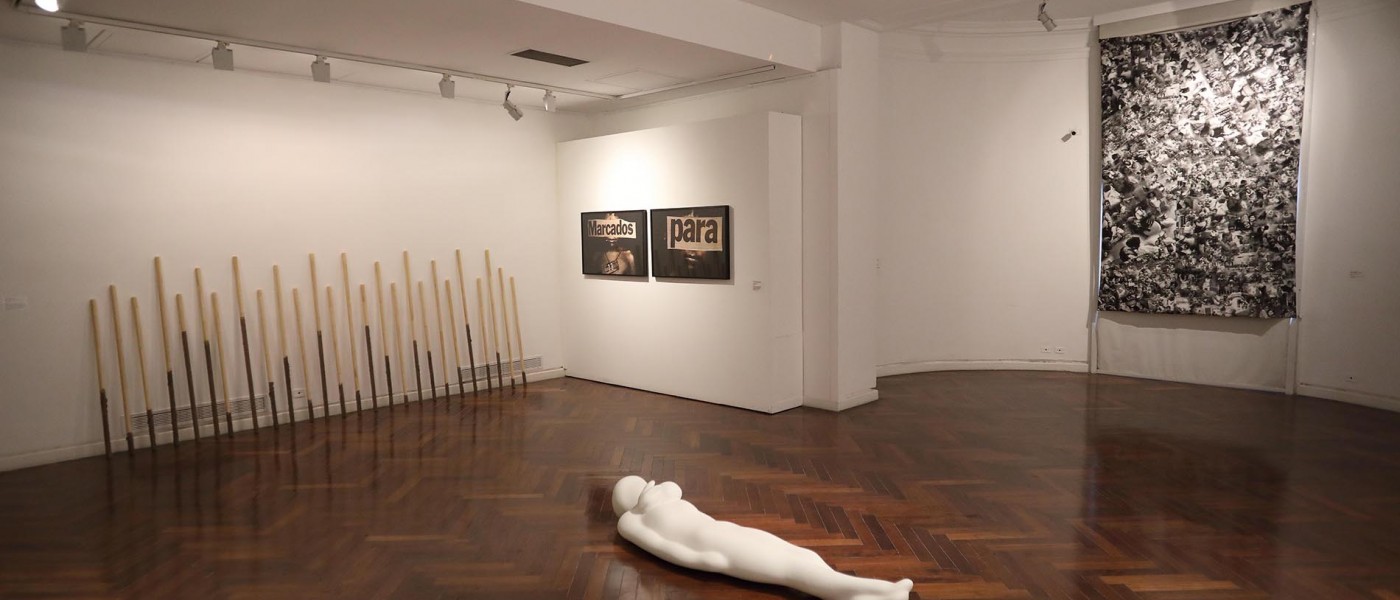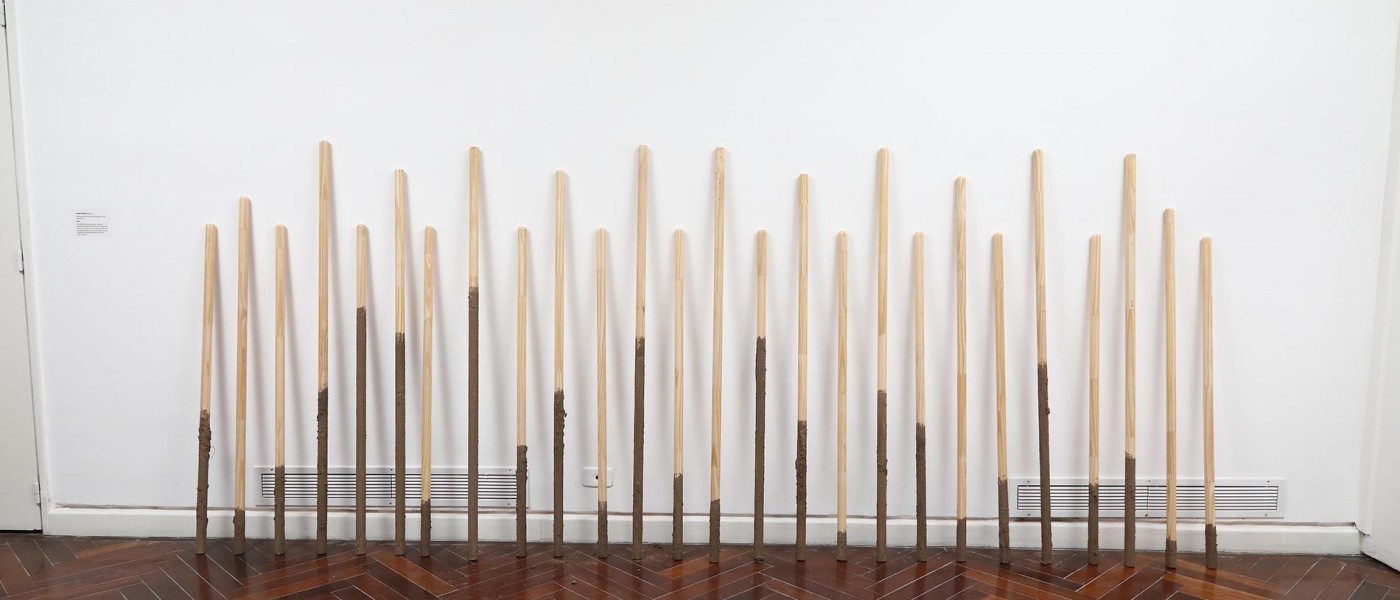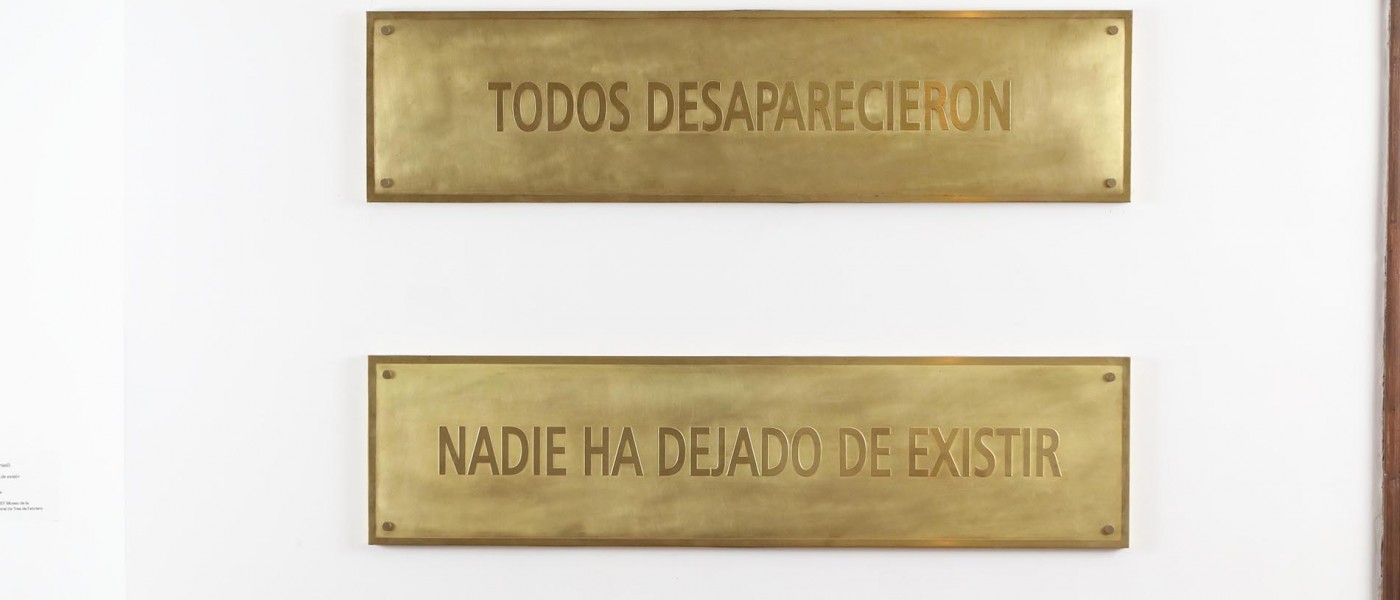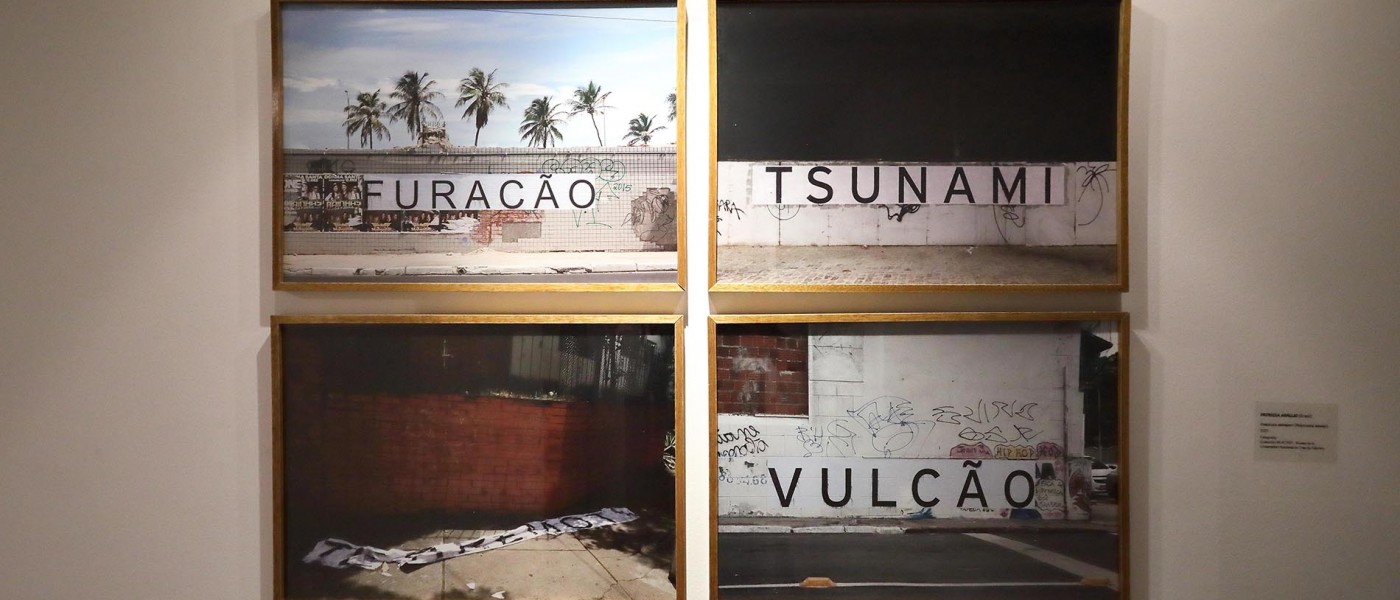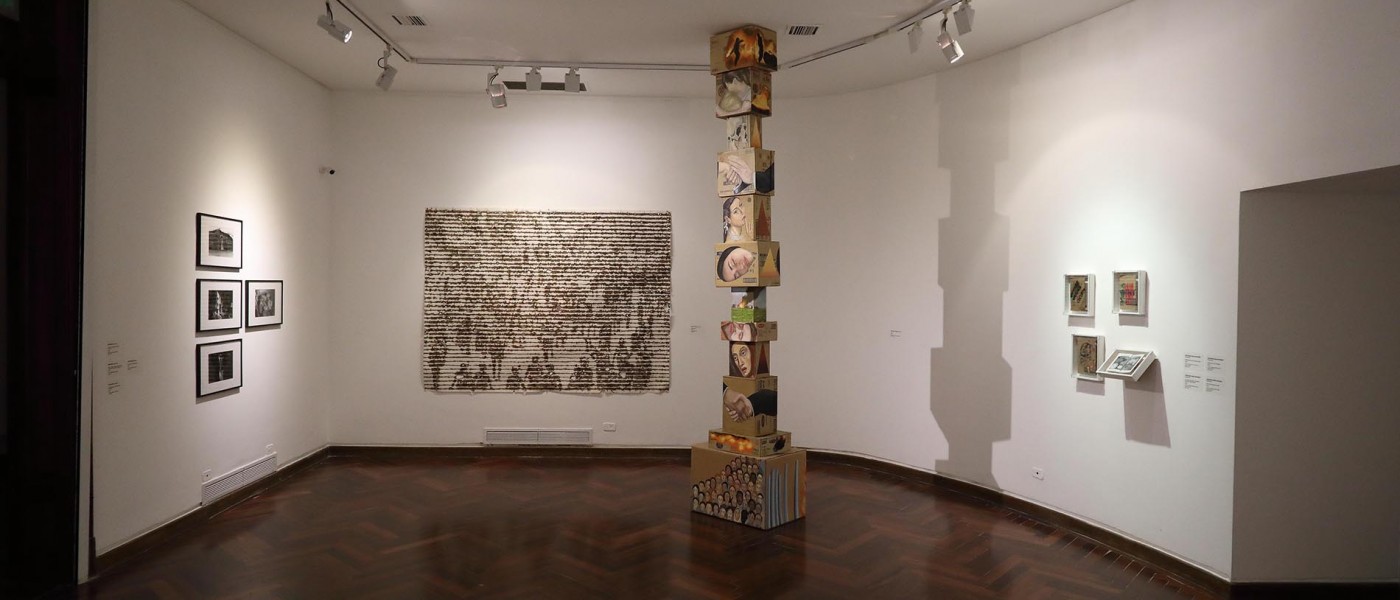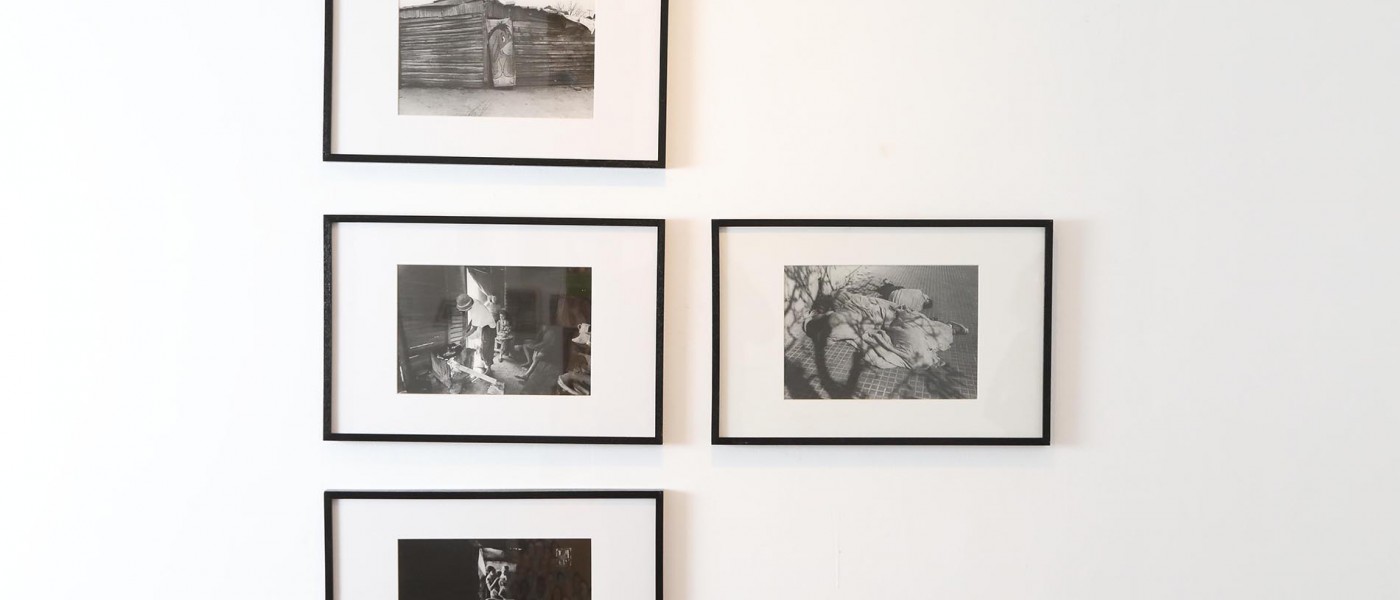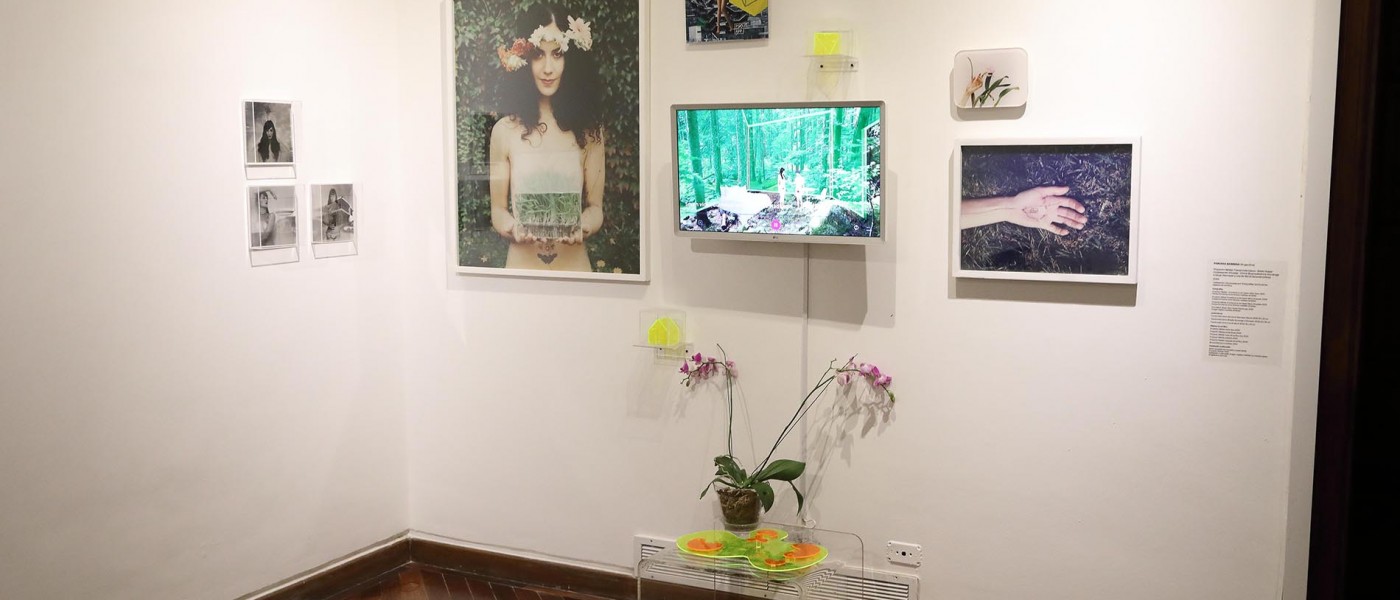Opening: Tuesday August 17th
The exhibition presents micro-narratives on the fragility of the individual in the uncertain conditions of today's societies. Various installations, videos, paintings, sculptures, objects, and photographs address questions of identity and memory, migratory and colonialist processes, gender and environmental issues that deal with the vulnerability of the ecosystem and social interaction in the face of the authoritarian dynamics prevailing in savage capitalism.
Men and women seek to counter the inequalities generated by power relations in the workplace, in the home and in the political arena. In a continent of indigenous roots and intercontinental ties forged through a succession of migrations – voluntary or forced by slavery – Andujar and Messina focus on representations of identity, while Pina, Sbardella and Grilo examine memory marked by authoritarian practices. The works by Meloni, Moysés, Neuenschwander and Bairon deal with the unstable balance and challenges affecting the private sphere.
The video animation The Ruin of the World, by Florido, announces the contrast between the apparent calm presented by Silveira's Transitory-Durable, with a reading time set in the habitat designed respecting the balance of nature and the comfort of modern Brazilian architecture in Barreda's installation versus the overcrowded conditions of precarious housing and the plight of the homeless photographed by Dani Yako, or the crowds organized around social protest in Espina's work. The cardboard boxes painted by Florido represent the logistics of international trade and, at the same time, bring to mind the "cartoneros" (cardboard collectors) who emerged in the wake of the economic crisis in Argentina and gave rise to the books published by Ediciones Eloísa Cartonera.
Focused on the warnings of an enraged nature, Aráujo introduces the chapter on interaction with the environment, Turner draws on a myth of the origin of the Earth to reflect on the traces of domination present in social and individual relationships in Latin America, while Rivas's video and the photographs by La Padula and Costi take a close look at small insects to examine human relationships with the ecological environment. M.C.R.
Image: Rochelle Costi, Casa Jardim

